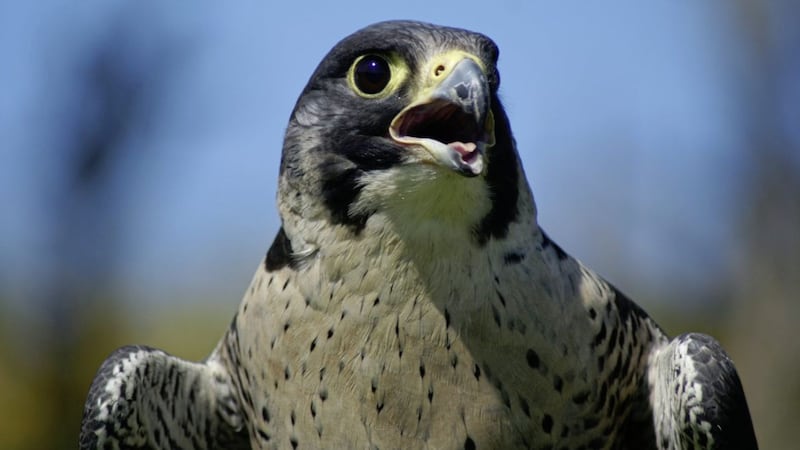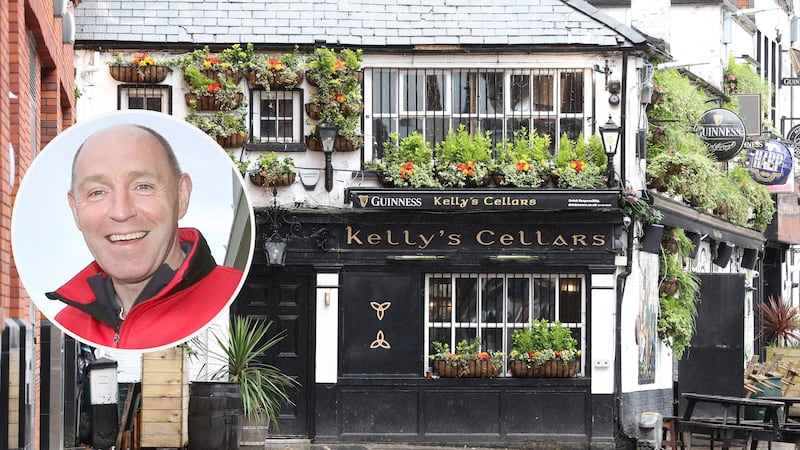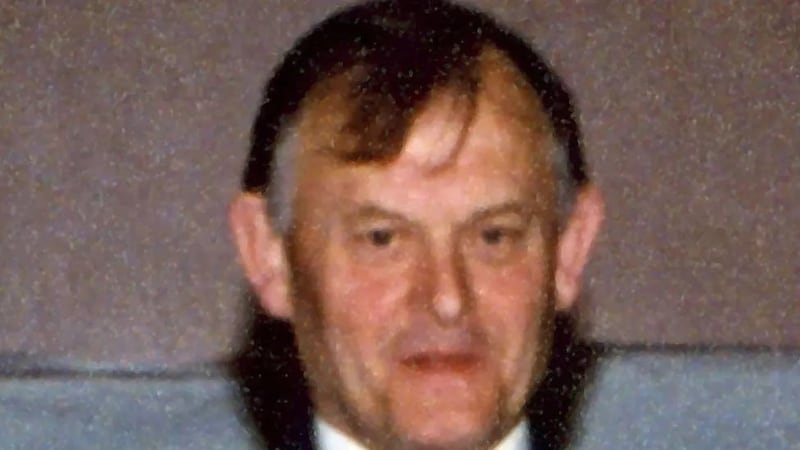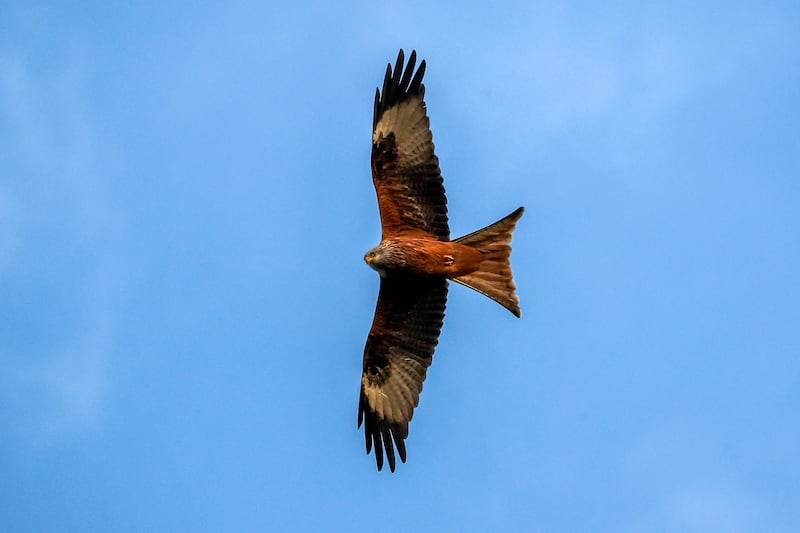POLICE have begun using drones in the latest attempt to combat attacks on rare peregrine falcon birds.
It is believed the PSNI is the first police service in the UK to deploy drones as part of efforts to catch those targeting birds of prey.
There have been 44 reports of birds being killed between 2009 and 2014, and one confirmed incident of nest destruction.
Of the nine cases in 2014, four were in Co Down, two in Co Tyrone and one each in counties Antrim, Armagh and Derry.
The PSNI's wildlife liaison officer, Emma Meredith, said: "On occasions, baits (such as a rabbit carcass or sausages) have been laid laced with poison in the public domain (including) seriously dangerous poisons such as Carbofuran which was banned across the EU in 2001.
"Be under no illusion that this type of poison, Carbofuran, is an indiscriminate killer and can also be fatal to humans - not only wildlife suffers but also any child, adult or pet could find and ultimately consume these poisoned baits."
Following on from 'Operation Raptor' in March last year, the deployment of drones forms part of the Peregrine Watch initiative, launched across the UK, which aims to combat the theft of eggs and chicks from nests and the killing of adults or chicks through poisoning, shooting or trapping.
Drones fitted with cameras will patrol nest sites and areas where birds are being persecuted.
Ms Meredith said: "The ability to survey hard to reach areas mean that there is no hiding place for those who seek to persecute wild birds."
The PSNI has been assisted by the Northern Ireland Raptor Study Group, made of up volunteers who monitor levels of birds of prey.
Around half of the estimated 80 breeding pairs of peregrines in the north fledge young each year.
Dr Jon Lees, wildlife officer from the Northern Ireland Environment Agency, said that "all nesting birds, their eggs and dependent young" are protected by law.
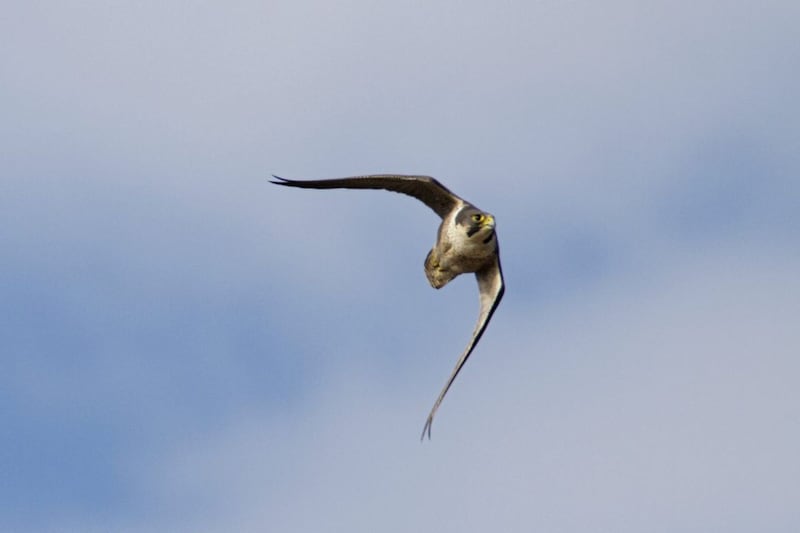
He said: "Peregrines have increased in numbers since historic lows of the 1950-60s caused by organochloride pesticides, egg collectors and persecution.
"However they are still often targeted by those wanting to reduce their abundance, but can also be disturbed to the point of nest abandonment by people who just want closer look or a photograph.
"Any lawful operation that potentially impacts a protected species must be assessed by the NIEA.
Dr Lees added: "We would caution members of the public to avoid disturbing protected wildlife while flying drones or when taking photographs."
Police are advising anyone who find what they believe to be a poisoned bait to leave it in place and call officers on 101.
